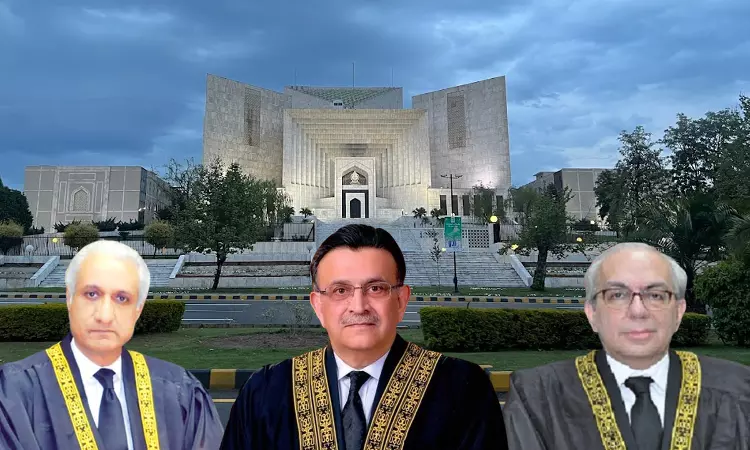Supreme Court of Pakistan on Tuesday declared Election Commission of Pakistan (ECP)'s decision to delay the election in Punjab as unconstitutional, without lawful authority or jurisdiction, void ab-initio, of no legal effect and consequently quashed the decision.The bench of Chief Justice Umar Ata Bandial, Justice Ijaz ul Ahsan and Justice Munib Akhtar said, “Neither the Constitution nor...

